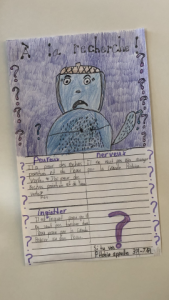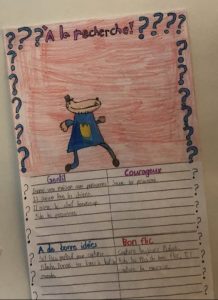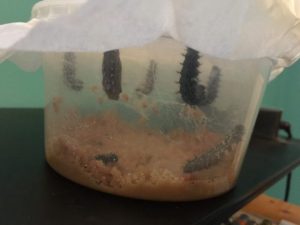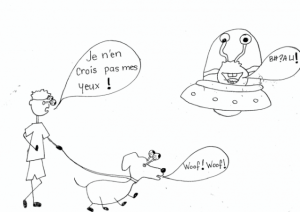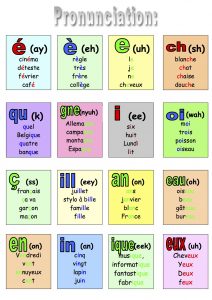Below are some optional French language activities/resources that you can explore throughout the summer.
Reading
Keep reading daily in French and English. Here are some online options:
- The Burnaby Public Library Summer Reading Club: http://www.bpl.bc.ca/summer-reading-club
- Tumblebooks: https://www.tumblebooklibrary.com/Default.aspx
Username: Marlborough
Password: reads
- Online books: https://ebookids.com/fr/livres-enfants/
- Audiobook only: https://stories.audible.com/discovery/enterprise-discovery-21122523011?ref=adbl_ent_anon_ds_ds_dccs_sbtp-0-6
Dictee/Vocabulary Practice
Below are some websites with games and activities using vocabulary/spelling in French.
- https://literacycenter.net/play_learn/french-language-games.php#
- https://www.litteratout.ca/ressources-gratuites7-9ans
- Games: https://ici.radio-canada.ca/jeunesse/prescolaire
- Videos: https://www.idello.org/en/resource/30535-TFO-Family-Camp-7-Years-Old?navcontext=30544
- Videos: https://www.tfo.org/fr/jeux/plus/enfant-app
Writing
Start a summer journal in French where you can write about your day to day activities.
Oral Languages
Set up a virtual playdate with a classmate where you can chat in French. Here are some topic ideas:
- Play a game (guess the number, hangman, 20 questions)
- Share your plans for the weekend
- Tell a story, put on a puppet show
- recommend/give a recap of your favorite book or movie
- Listen to Music, sing a song together
Listen to French Music
Watch your favorite TV show in French on Netflix by changing the language to “French” or adding subtitles
Play your favorite card game using the numbers in French and teaching a family member the vocabulary.
